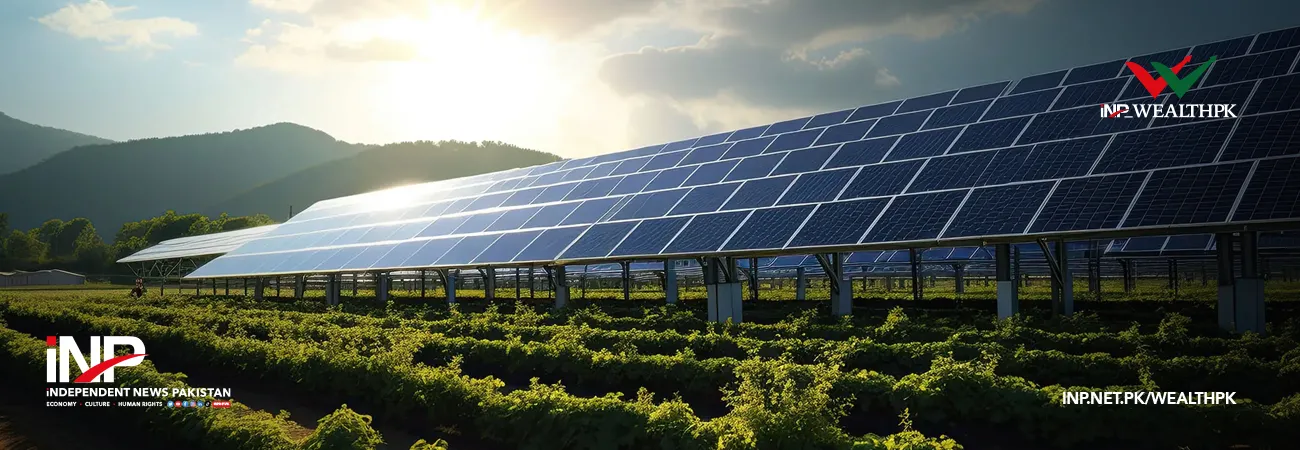INP-WealthPk
Amir Saeed
The decline in power demand in Pakistan has resulted in an unexpected surplus of regasified liquefied natural gas (RLNG), posing significant risks to the stability of the country’s energy supply.

Talking to WealthPK, Dr Khalid Waleed, head of energy unit at Sustainable Development Policy Institute (SDPI), highlighted that the recent economic downturn exacerbated by global inflation and local fiscal challenges had forced many industries to scale back operations. “As a result, the total amount of power consumed has decreased, leaving energy suppliers struggling with surplus capacity.” “Moreover, the shift towards renewable energy sources has further complicated the energy landscape. The use of conventional energy sources, such as RLNG, has declined as more money is going toward producing solar and wind energy,” he said. Waleed further highlighted that though this shift has caused a temporary demand-supply imbalance, it is essential for the country’s long-term energy sustainability. He said the oversupply of RLNG not only challenged the existing infrastructure but raised questions about the future viability of investments in RLNG terminals and related facilities. He opined that a substantial RLNG surplus had financial ramifications.
“Because if there is a surplus of supply and a decreasing demand, the energy prices will probably rise. This may hurt the sector’s overall profitability and result in lower revenues for energy producers.” “Additionally, the government, which has invested heavily in RLNG infrastructure, may face increasing pressure to justify these expenditures in light of falling consumption. The long-term prospects for energy infrastructure may be compromised if power companies reduce their operations and investments,” he noted. Talking to WealthPK, Afia Malik, an energy expert at Pakistan Institute of Development Economics (PIDE), said that a more pressing concern tied to the RLNG surplus was the potential threat to energy supply stability. “An oversaturated market can result in inefficiencies that may lead to inadequate supply when demand eventually rebounds.” “In an energy landscape where reliability is paramount, this inconsistency can be detrimental. Furthermore, the possibility of reducing output during times of surplus could leave gaps in case consumption unexpectedly increases, especially during peak seasons,” the PIDE energy expert noted.
She opined that the country’s energy policy must now adapt to this changing scenario. “Policymakers should be tasked with navigating the fine line between managing surplus RLNG and preparing for future demand fluctuations.” Afia said steps should be taken to re-evaluate energy procurement strategies and explore options for storage, distribution, and potential export markets. “As regional energy dynamics evolve, the country may also need to consider forging strategic partnerships to better utilise its existing resources.” The PIDE expert noted that since Pakistan relied too heavily on RLNG imports to meet its domestic energy needs, this might leave the country vulnerable if any market fluctuations or geopolitical tensions occur, thus compromising its energy independence. “Therefore, in order to avoid any disruptions, the government must actively pursue diversification of its energy sources,” she suggested.
Credit: INP-WealthPk













